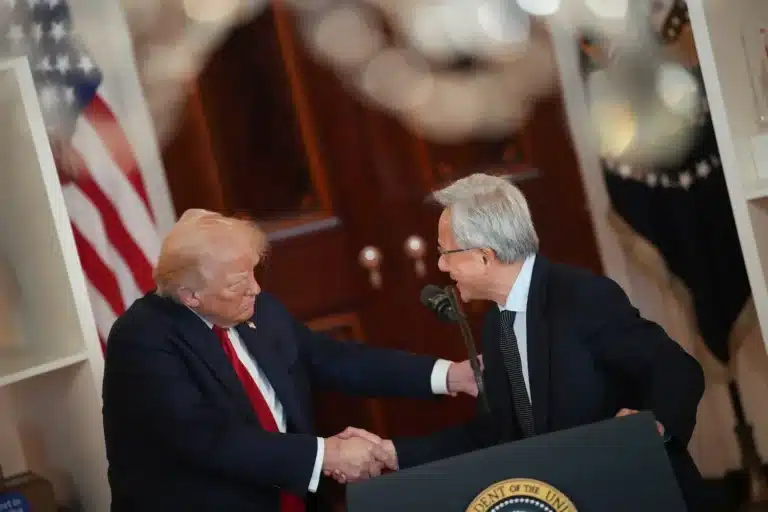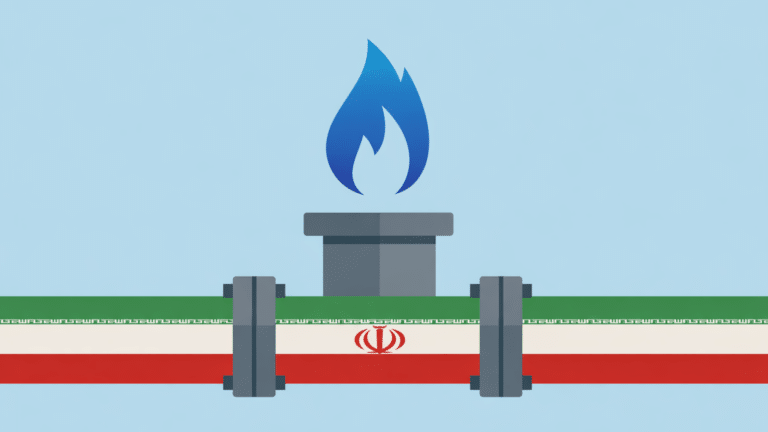This website uses cookies as well as similar tools and technologies to understand visitors’ experiences. By continuing to use this website, you consent to Columbia University’s usage of cookies and similar technologies, in accordance with the Columbia University Website Cookie Notice.
CGEP & CGT Present: AI for the Energy Transition @ Climate Week NYC
Past Event
September 24, 2025
11:00 am - 12:30 pm est

How can AI help the energy transition? Can the dramatic advances in artificial intelligence reshaping all our lives be mobilized to accelerate the transition to clean, low-carbon energy? Or, will the growing power demand for AI perpetuate traditional energy sources and increase emissions?
The Columbia University Committee on Global Thought and the Center on Global Energy Policy at Columbia University SIPA will convene leading experts for a conversation exploring ways that artificial intelligence can help accelerate the energy transition in ways both incremental and transformational, producing secure, reliable, sustainable and low-carbon energy solutions. The event will feature a high-level panel discussion hosted by Adam Tooze, Chair of the CU Committee on Global Thought, and featuring Rayyan Islam, Co-Founder and General Partner of 8090 Industries, Bernice Lee, Distinguished Fellow and Senior Advisor, Chatham House, Heather McGeory, Vice President, Sustainability, CoreWeave, and David Sandalow, CGEP Inaugural Fellow.
This event is open to CUID holders and the general public. Non-CUID holders will receive a QR code for campus entry 48 hours prior to the event.
REGISTRATION FOR THIS EVENT WILL OPEN THE WEEK-OF AUGUST 17, 2025.
More Events
Powering Data Centers: Nuclear Energy and Emerging Careers
The Center on Global Energy Policy at Columbia University SIPA's Women in Energy initiative and Accenture invite you to join us for an evening of conversation and networking...
395 9th Ave, New York

The Sustainable Data Centers Roadmap
https://youtu.be/0n7K3rI-FLs?si=DfstdFN_5v9u03oP In this Roadmap presentation, coauthors examine data centers' energy use, strategies for improving data centers' energy efficiency, greenhouse gas emissions from data centers, strategies for using data...

Frontier Issues in AI and Climate Change: Seizing the Opportunity, Meeting the Challenge
Exploring the promise of AI in fighting climate change. This panel launches from two broad premises: AI is rapidly changing our lives. Climate change represents an existential threat...

Rapid Response: President Trump’s Executive Actions on AI and their Energy Implications
On July 23, President Trump released a United States “AI Action Plan” and signed several executive orders related to promoting and exporting the United States’ AI technology stack, expanding the data center infrastructure required to power AI, and eliminating references to climate change in AI safety frameworks.

Relevant
Publications
The Nvidia Chip Deal Is a National Security Disaster Waiting to Happen
Trump’s latest proposal would cede the United States’ AI advantage.

How DOE’s Announcement on Data Centers Could Impact the Grid
The US Secretary of Energy Chris Wright has directed the Federal Energy Regulatory Commission to make a rule that would help rapidly move electricity onto the US grid in large amounts.

How AI Growth Can Hyper-Scale Energy Equity and Affordability
Artificial intelligence is driving a massive technological transformation that is already reshaping many aspects of daily life.



